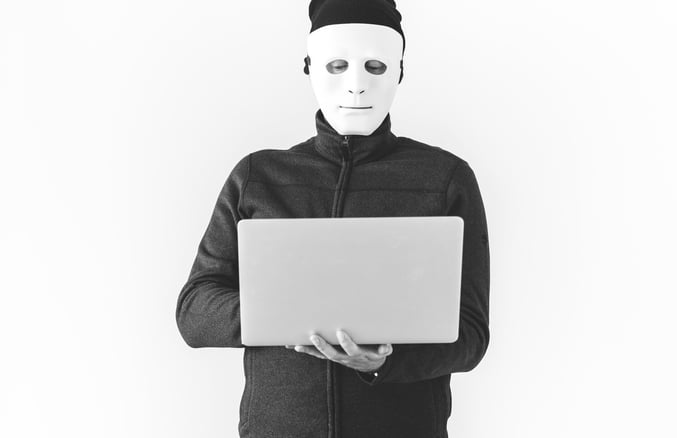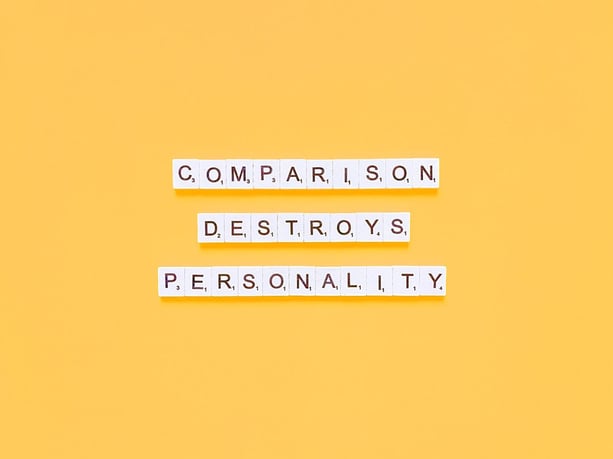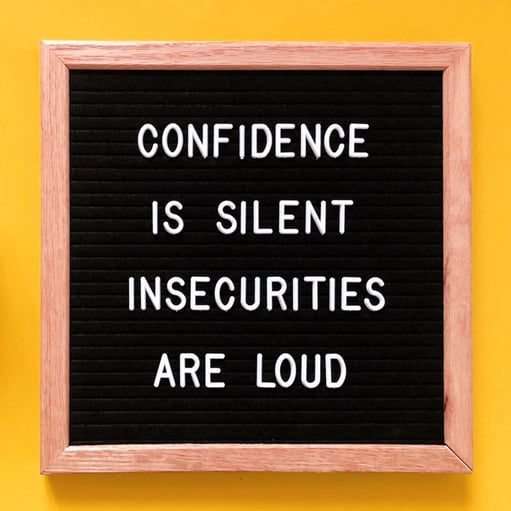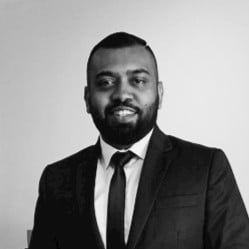I Feel Like a Fraud. How About You?
I am an imposter. No, not really, but sometimes it feels like I am.
Although I have more than ten years of experience in the field that I am in and have graduated at the top of my class and been a part of very successful campaigns, I still feel an unwarranted sense of insecurity.

Even when people compliment me and rave about my work, this feeling doesn’t disappear. It gets worse. This is not because I am a fraud. It’s a phenomenon called the imposter Phenomenon (IP) or imposter syndrome.
First researched by Dr Pauline Rose Clance, the phenomenon or syndrome describes high achieving individuals feeling intellectual and professional fraudulence or a sense of not deserving the recognition.
This has even affected people like Albert Einstein and Maya Angelou; according to the Ted talk video, “what is imposter syndrome and how to combat it”.
Though many people don’t talk about it, it is more prominent in the creative field as some of the solutions we as creatives come up with are not as tangible as in other professional areas. We feel that the outcome is subjective and cannot be measured in standard metrics.
As Chris Do says, Creatives are people pleasers. We yearn for the compliments our clients throw at us. This is the same reason that creatives obsess about making things perfect at the cost of deadlines.
The science behind this says that this is more prominent in minorities and women. This is because these groups are often told by society or people in positions of power or authority that they don’t belong where they are.
So what are some of the significant characteristics of this condition?
- Self Doubt
- Fear you won’t live up to expectations
- Unable to assess your skills
- Self-esteem issues
- Overreaching
- Self-sabotaging
- People pleaser
So now we have established what imposter syndrome is and what some characteristics are. How can we overcome it?
According to an interview done by the Futur, with Psychotherapist Hugh Barton, the key is to identify the difference between self-confidence vs self-esteem.
Self-confidence is how you assess your skills, and self-esteem is how you compare your abilities and skills with others.

Here are some tips that might help you.
- Establish how you help others – What do you have to offer to make their lives, businesses or communities better. For some, this has already been identified through developing a personal brand.
- Look at your past clients and acknowledge how you helped them achieve their goals in their business. This is easier if you have identified your exact target market.
- Make a list of your skills and what you can offer your target market to help achieve your help statement (from point 1).
- Be open to learning new skills – and invest in this. There are no absolute experts in any field. An expert is someone who keeps learning to enhance their skills.
- Write some SMART personal development goals for yourself and keep pushing to achieve those goals. This will help develop a sense of belonging.
- Focus on others. Help people who are stuck to overcome their challenges.
- Finally, consider mentoring. If you have the credentials and experience to back it up (even if it doesn’t feel like it sometimes), share the knowledge and help other business owners build their dreams.

So, have you ever felt like an imposter in your professional career? Let’s start the conversation, and let us know if the tips above helped you.


Comments